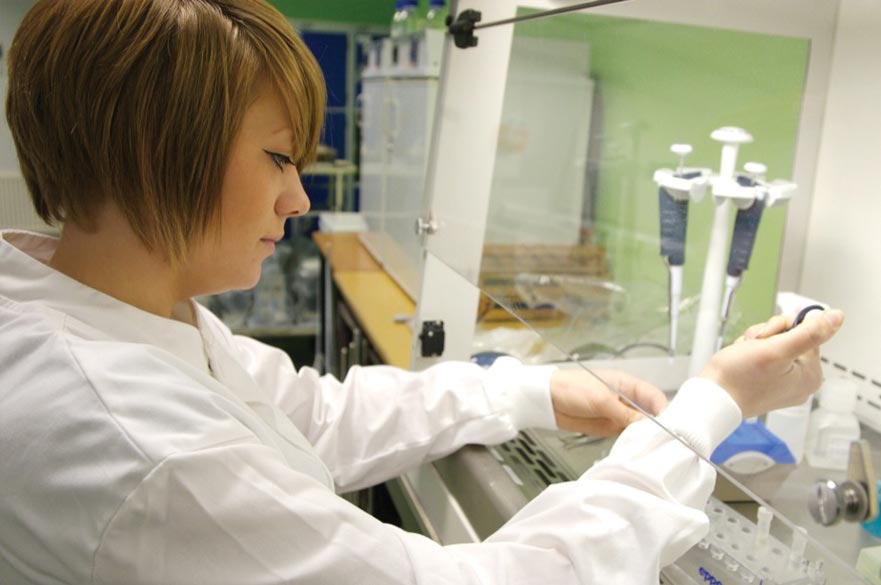Overview
The genus Sutterella encompasses Gram-negative, microaerophilic to anaerobic, bile-resistant bacteria of the Betaproteobacteria that are associated with the mammalian gastrointestinal tract. With the exception of Sutterella stercoricanis (isolated from the canine gut), all member of the genus Sutterella (faecalis, massiliensis, megalosphaeroides, parvirubra, timonensis, wadsworthensis) have been isolated from human faecal samples. Sutterella wadsworthensis is isolated most frequently, but shotgun metagenomic studies have highlighted additional species within the genus Sutterella remain to be characterized. Given the relative ease with which Sutterella spp. can be recovered from intestinal samples – especially from the small intestine, caecum and ascending colon – it is surprising that little to no work has been undertaken to characterize the genomic and/or phenotypic traits of these bacteria.
Consequently, host–microbe interactions involving these microbes are poorly understood. Using an in-house collection of Sutterella isolates recovered from human small and large intestine samples over the past 12 years, this project will characterize the genomic diversity of these bacteria, interrogate publicly available datasets to determine the prevalence of Sutterella in human populations, characterize the biochemical and physical characteristics of this interesting but under-explored group of bacteria, and explore the interactions of Sutterella and their metabolic by-products with intestinal cells.
This project would suit a student keen to work in human microbiome research and wanting to develop a mixture of laboratory and computational skills, with full training provided in microaerophilic and anaerobic microbiology and guided learning to develop R- and Linux-based programming skills. You would be part of the Antimicrobial Resistance, Omics and Microbiota (AROM) research group based on the Clifton Campus of Nottingham Trent University (NTU). In addition to attending weekly AROM meetings where you would have the opportunity to present your work, you would be encouraged to present your work at national and international scientific conferences and to publish your research findings in peer-reviewed journals. You would also receive additional relevant training through events and activities organised through NTU's Doctoral School and the School of Science and Technology.
The lead supervisor for this project is Professor Lesley Hoyles.
Entry requirements
Applicants should hold, or be expected to hold, an UK Master’s degree (or UK equivalent according to NARIC) with a minimum of a commendation, and/or a UK 1stClass / 2.1 Bachelor’s Honour’s Degree (or UK equivalent according to NARIC) in Cell Biology, Biochemistry, Molecular Biology, or a related Biosciences related subject.
How to apply
Applications are accepted all year round. For a step-by-step guide and to make an application, please visit our how to apply page.
Fees and Funding
This is a self funded project. Visit our funding page to find out ways to fund your project.
Staff profiles
Entry qualifications
Applicants should hold, or be expected to hold, a UK Master’s degree (or UK equivalent according to NARIC) with a minimum of a commendation, and/or a UK 1st class / 2.1 Bachelor’s Honour’s Degree (or UK equivalent according to NARIC) in Microbiology, Molecular Biology, or a related Biosciences-related subject.
How to apply
The application deadline is all year round. For a step-by-step guide and to make an application, please visit our how to apply page.
Fees and funding
This is a self-funded project only. To find our ways on how to fund your project, visit our scholarships, bursaries and funding page.
For more information about fees, visit our fees page.
Guidance and support
Further guidance and support on how to apply can be found on this page.
